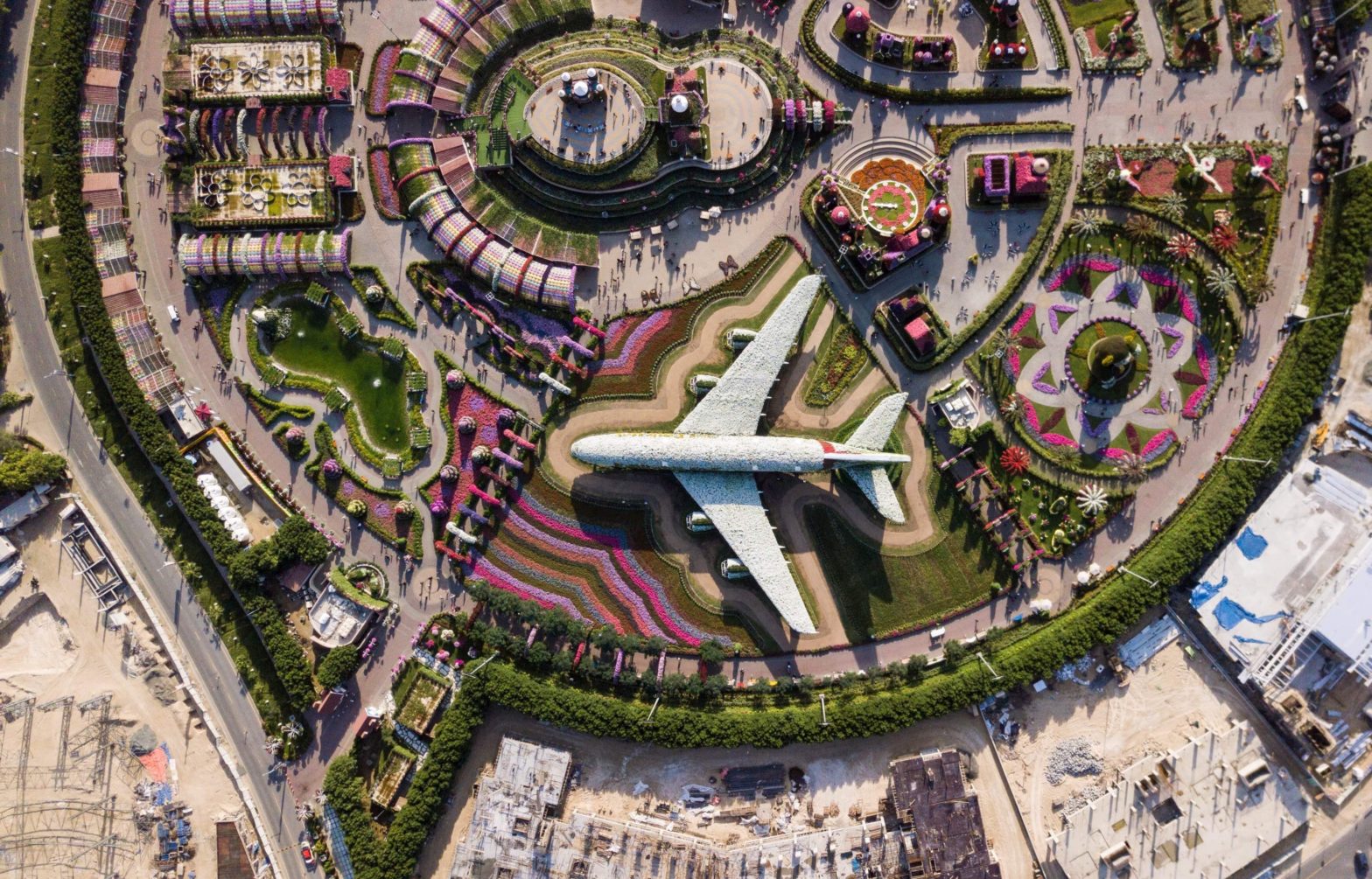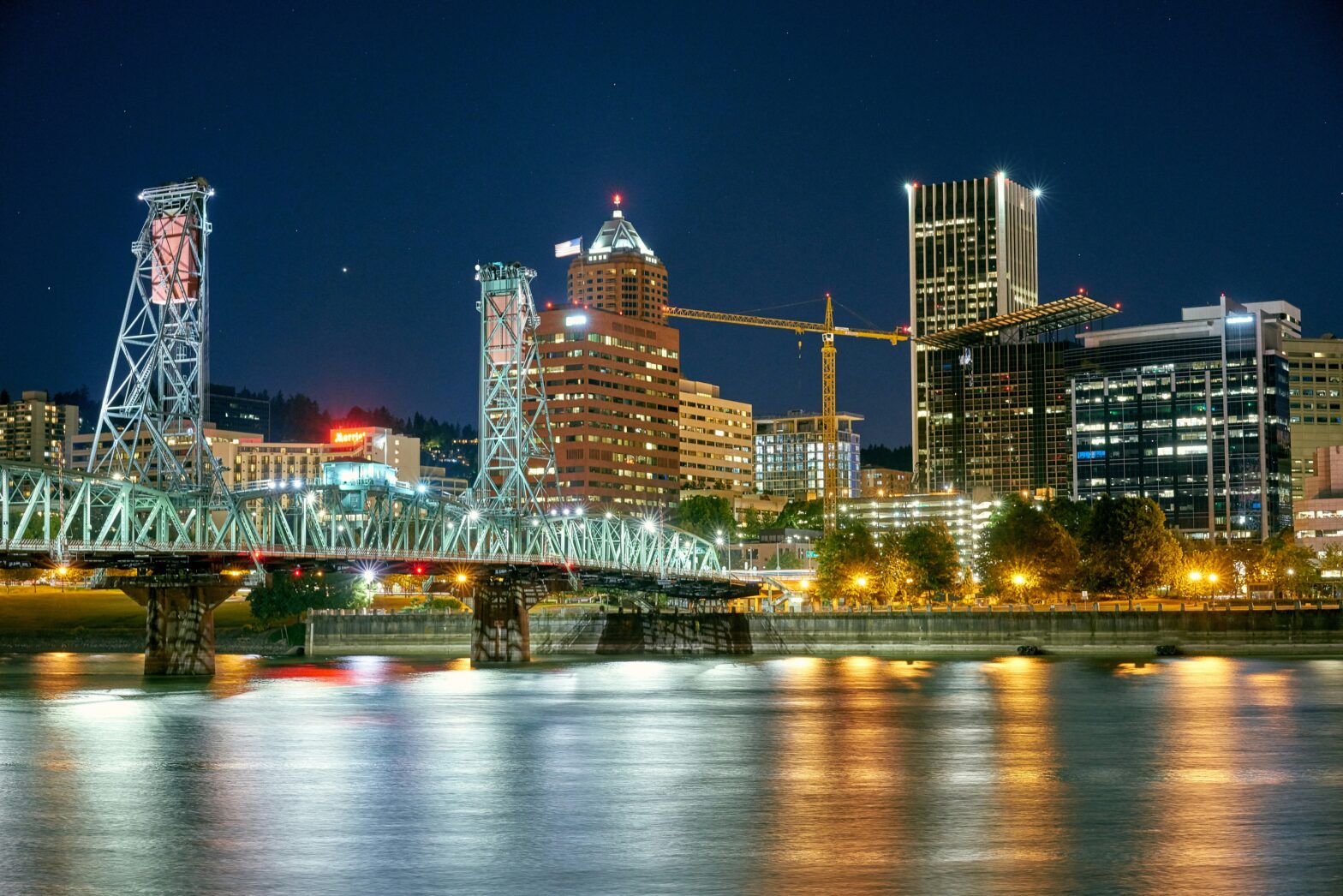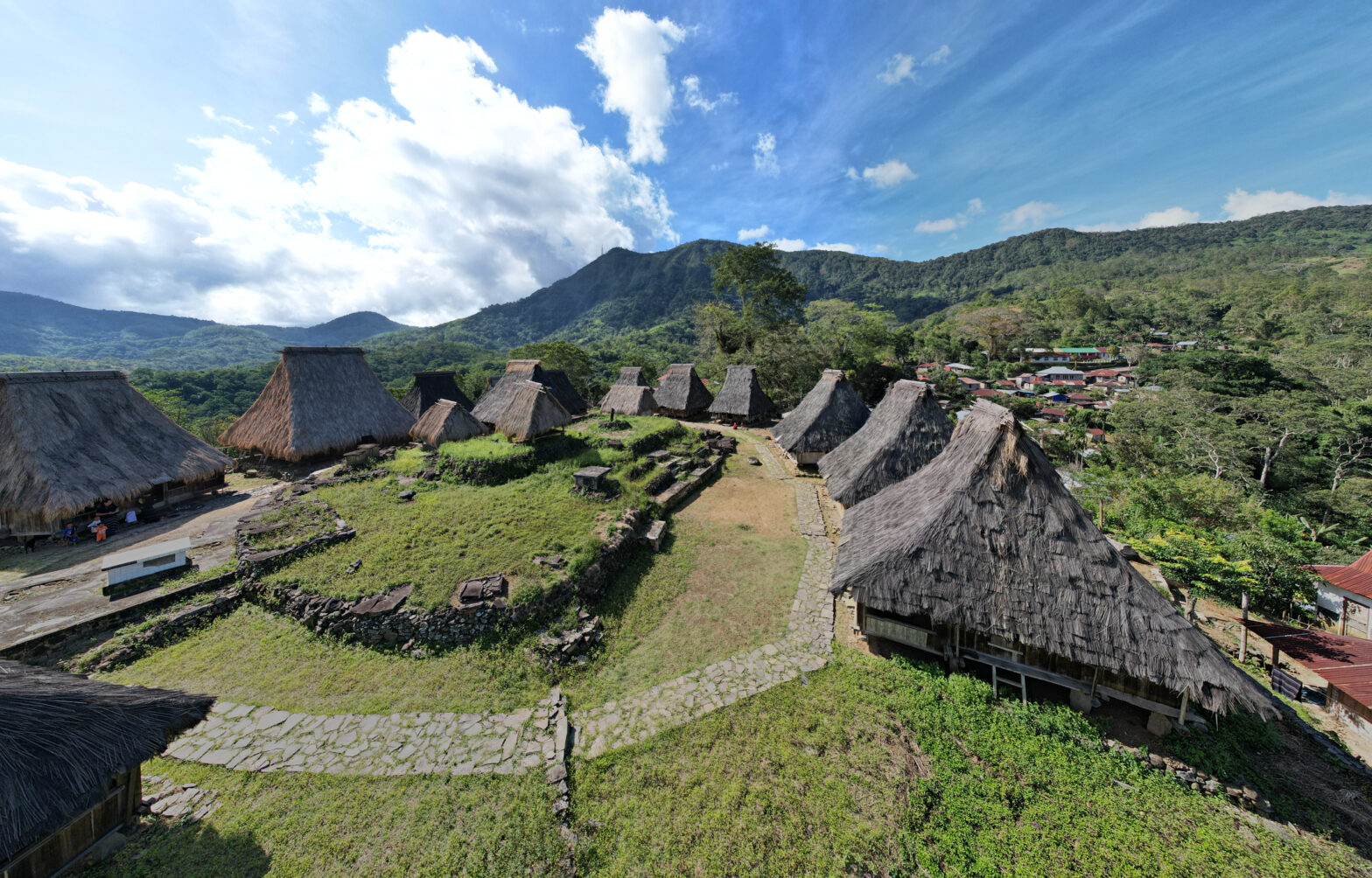What is overtourism?
Wanderlust is all too real. The desire to experience different cultures, cuisine, people, and places, is a strong one. But travel is a privilege and when the travel bug beckons, it comes with responsibility.
Tourists have been flocking to popular travel destinations for decades, but in recent years the issue of overtourism has gained more public awareness. Just take a look at the #overtourism hashtag on social media showing photos of overcrowding at sought-after locations or videos of locals begging tourists not to travel to their city.
While travel is a beautiful thing that can bring people from diverse backgrounds together it can also cause harm to residents and resources. Especially now as travel picks up across the globe and reflects pre-pandemic levels, it’s important to practice responsible tourism and be mindful of your travel impacts.
What Is Overtourism?
It’s the overwhelming influx of tourists to a destination. But how many tourists are too many? It’s subjective but generally, if a high volume of visitors is negatively impacting locals and their quality of life, then that destination is being plagued by overtourism.
The Impacts
Overtourism can impact a community in many ways. For example, more visitors to a location might result in raising rent prices and pushing locals out to make room for vacation rentals and hotels. It can also lead to local businesses being replaced by chain stores and shopping outlets. But humans aren’t the only ones being pushed out by overtourism. Wildlife is also often affected. When large masses of people descend on natural ecosystems animals are forced to find another home outside of their natural habitat. In addition, overtorism increases noise, air, water, and land pollution. All of these can be signs of overtourism.
How to Combat It
Here are five simple ways you can help effect change and resist contributing to overtourism.
Travel to less-visited areas
The next time you feel that traveler’s itch, why not consider visiting a more off-the-beaten-track destination? The world is a vast place with thousands of beautiful and unique destinations. Instead of jumping on the bandwagon to popular destinations seek out a location facing undertourism. There are tons of great places that actually encourage travelers to come and visit, so check them out.
Plan your trip during the off-season
It’s ok if your bucket list includes visiting hotspot destinations like Europe or a popular island getaway, but you can still do it mindfully. One simple way to do this is to visit during the off-season when popular destinations are less likely to be packed with visitors. Not only is this better for locals and the environment but it’ll also probably be more pleasant for you. It might be cheaper to travel and tourist attractions will be less crowded.
Support local businesses
One of the beauties of travel is immersing yourself in a new community and exploring local life. This includes spending money at local and family-owned businesses. For example, instead of staying in a fancy hotel or using a mainstream vacation rental company like Airbnb, try booking your accommodations with a locally owned guesthouse. Instead of shopping at a chain supermarket, do your shopping at a local market. There are many little things you can do to ensure your money is supporting locals.
Make sustainable choices
As a tourist, you should always aim to be a sustainable traveler. This means enjoying your trip without contributing to the destruction of natural and cultural environments. There are several simple ways you can do this including choosing a non-stop flight to reduce carbon emissions, using reusable bottles and toiletries, and traveling shorter distances. You can even opt for carbon-neutral hotels and support rewilding projects when you travel.
Travel solo or in small groups
If it can be avoided, you should try to travel in a small group (generally 4 or fewer people) in order to minimize your contributions to overtourism. But don’t overlook the venture that is solo travel. A solo trip can be empowering and eye-opening for any traveler. While it might seem scary and overwhelming at first a good solo trip can be life-changing and it’s a great way to reduce the impacts of overtourism.





